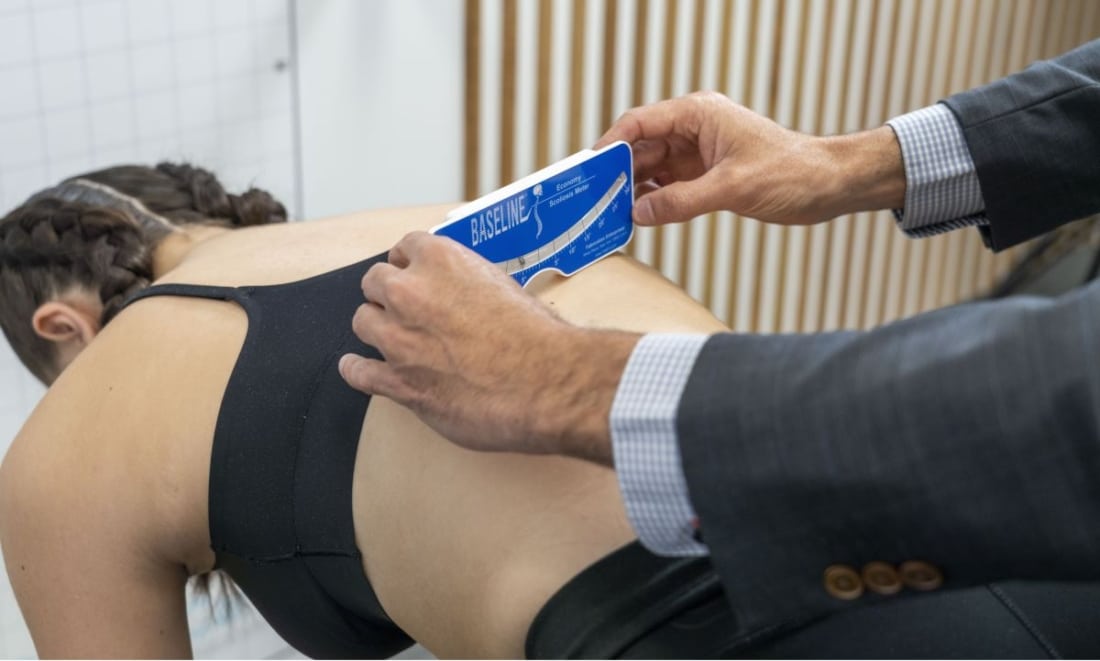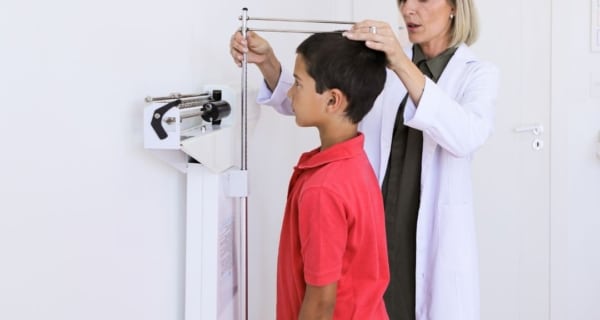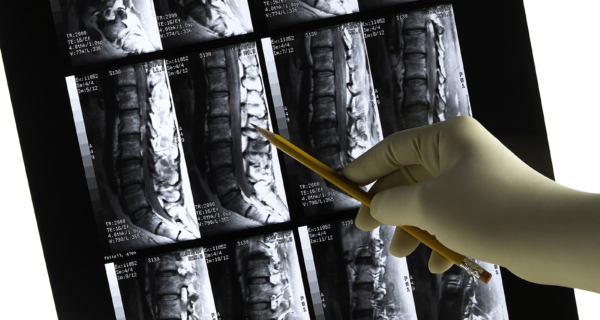The journey through scoliosis can be overwhelming for many parents. Each step presents unique challenges and uncertainties, from the initial diagnosis to ongoing management. Being well-informed and proactive is crucial for parents to ensure their child receives the best possible care and support.
In this article, we will explore essential considerations for parents, equipping them with the knowledge to better navigate their child’s scoliosis journey.
Understanding Scoliosis
Scoliosis is a condition characterized by an abnormal curvature of the spine. It can affect people of any age, but it commonly emerges during the growth spurt preceding puberty in adolescents. While most cases are idiopathic, meaning their cause is unknown, early detection is critical for effective management.
Early Detection and Diagnosis
Detecting scoliosis early is crucial. Regular screenings and check-ups, particularly during growth phases, help identify signs such as uneven shoulders, protruding rib cages, or asymmetrical waistlines. Prompt consultation with healthcare professionals can lead to better treatment outcomes.

Treatment Approaches
Working closely with healthcare professionals is essential to determine the most appropriate scoliosis treatment plan based on individual needs and circumstances. Scoliosis care should be patient-centered, offering a personalized treatment plan that may include custom bracing, scoliosis specific exercises, a combination of both, or even surgery as a last resort if necessary. Tailored treatments to each patient’s unique case can help ensure the best results.
Being proactive, asking questions about treatment options, and ensuring you get the answers you need is important.
Family Involvement
Parents who have experienced scoliosis themselves may find it easier to discuss the condition with their child. However, every case of scoliosis varies in severity and progression. It’s essential to provide accurate information tailored to each child’s situation to manage expectations effectively.
Providing Support
Educating yourself about scoliosis and becoming an advocate for your child’s health is crucial. With the abundance of information available today, you can explore the various treatment options and make well-informed decisions. Open communication with healthcare teams helps navigate treatment choices and supports your child’s well-being.
Avoid Scoliosis Misinformation
Be cautious of myths and misconceptions that can arise during your research. Avoiding misinformation
is crucial. Choosing a knowledgeable and experienced scoliosis specialist is essential for receiving the best possible care.
Staying Informed and Proactive
Navigating scoliosis involves continuous learning and proactive involvement. Joining support groups (such as ScoliConnect), attending educational sessions, and maintaining open communication with healthcare providers are essential steps in supporting your child.
The journey through scoliosis can present challenges, but with informed guidance and proactive support, parents can significantly impact their child’s well-being. Early detection, exploring treatment options, offering emotional support, and staying well-informed are essential elements of the journey. By being proactive and compassionate, you can ensure your child receives the best possible care and support, making the journey a little less daunting for both of you.
For more information on scoliosis or guidance on treatment options, please reach out to us.



